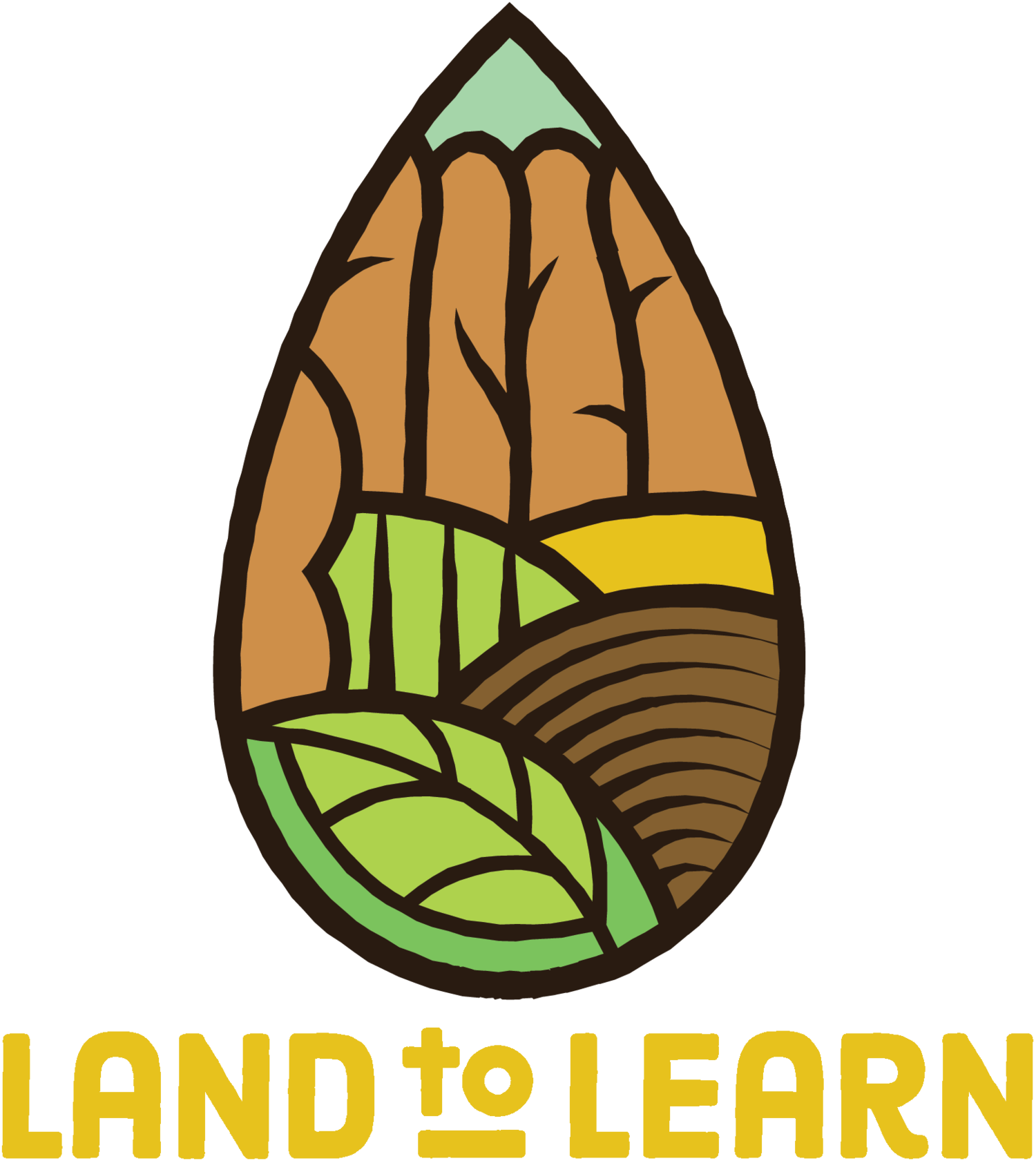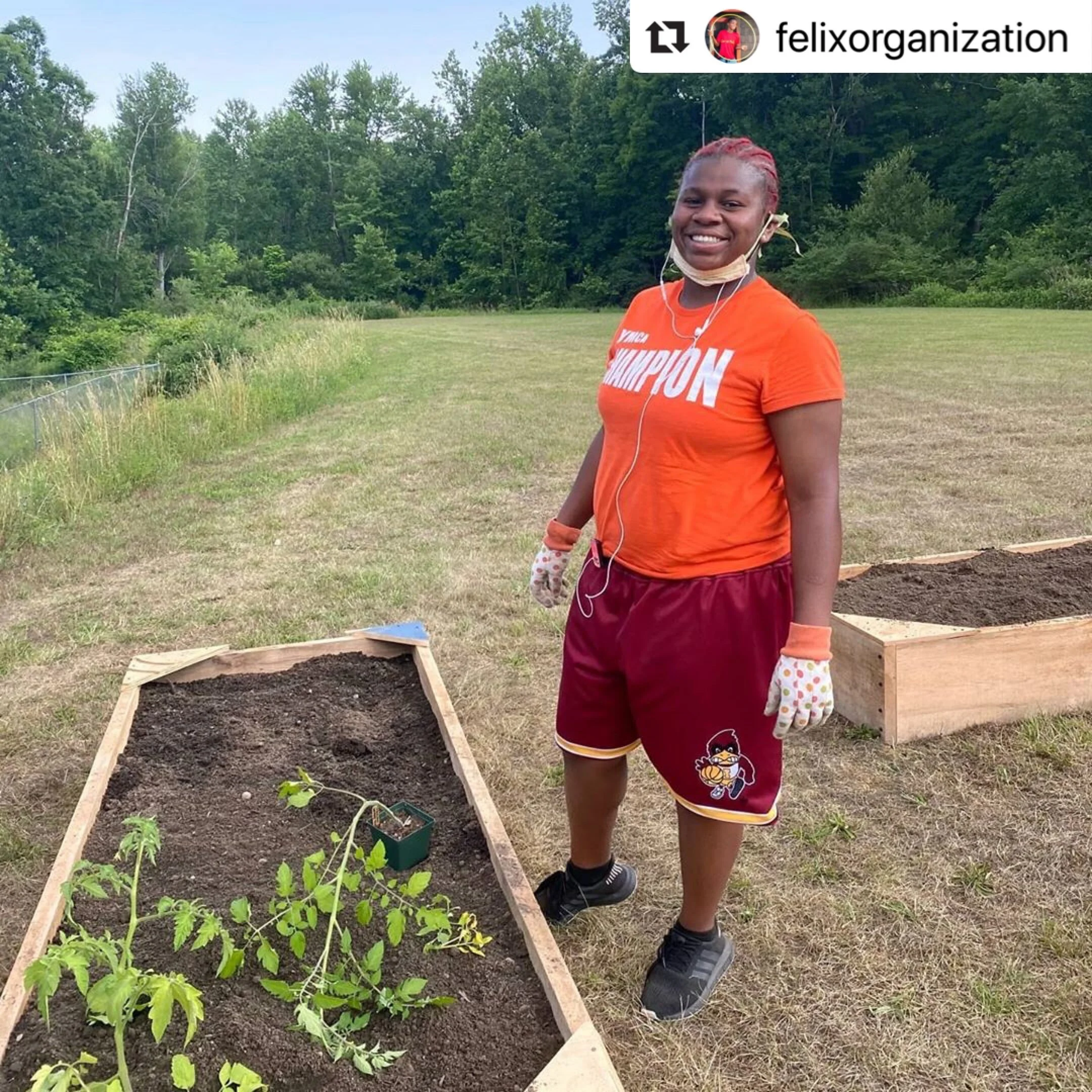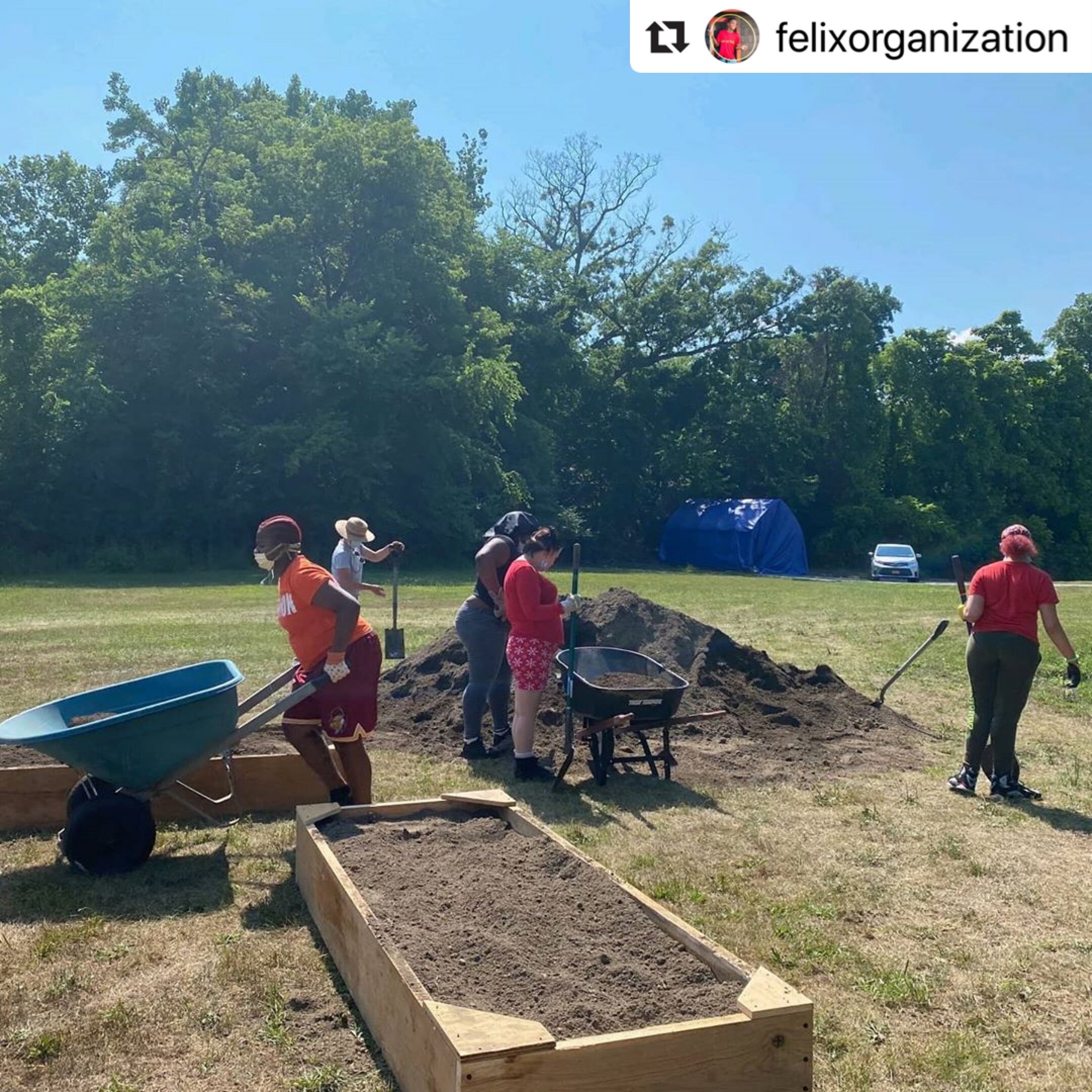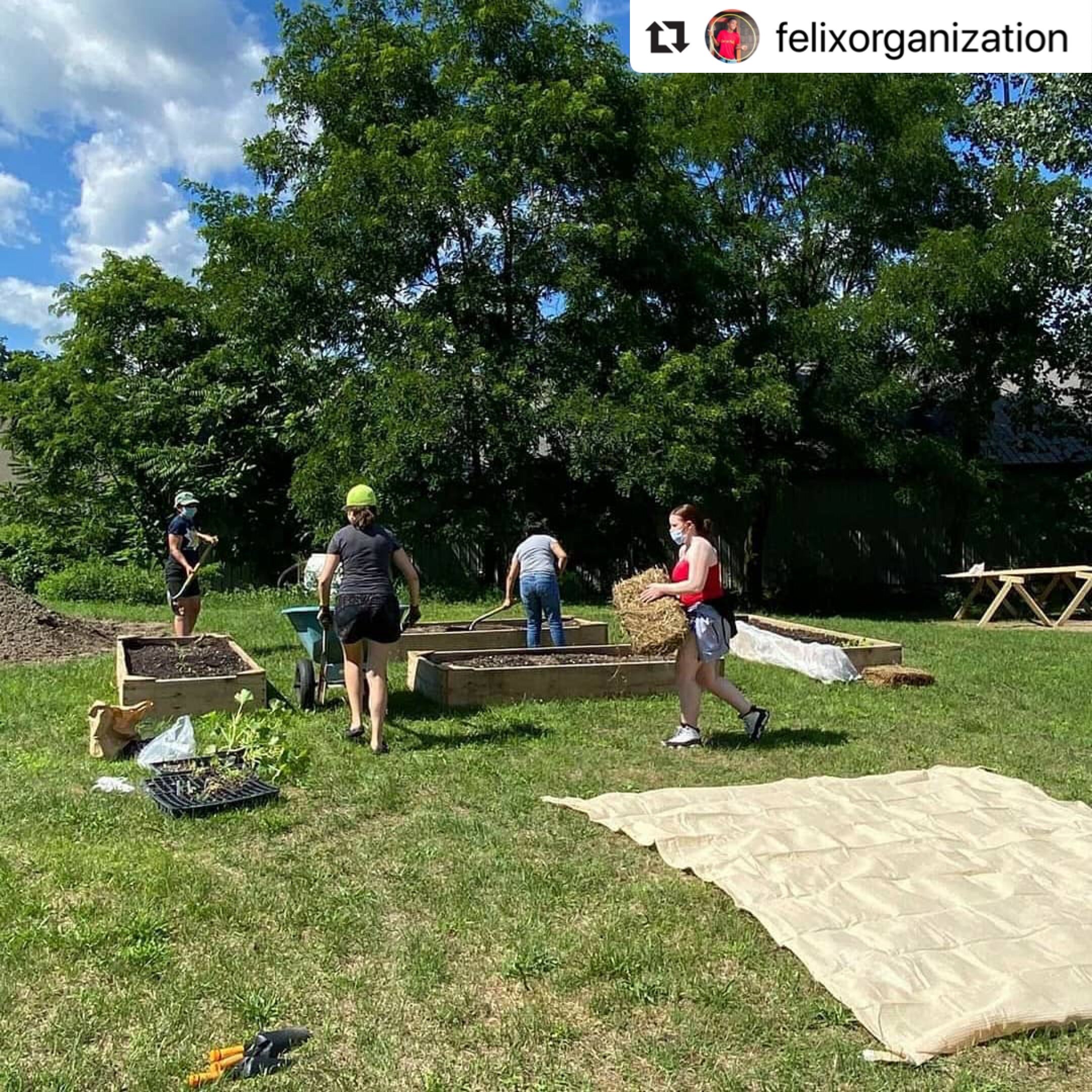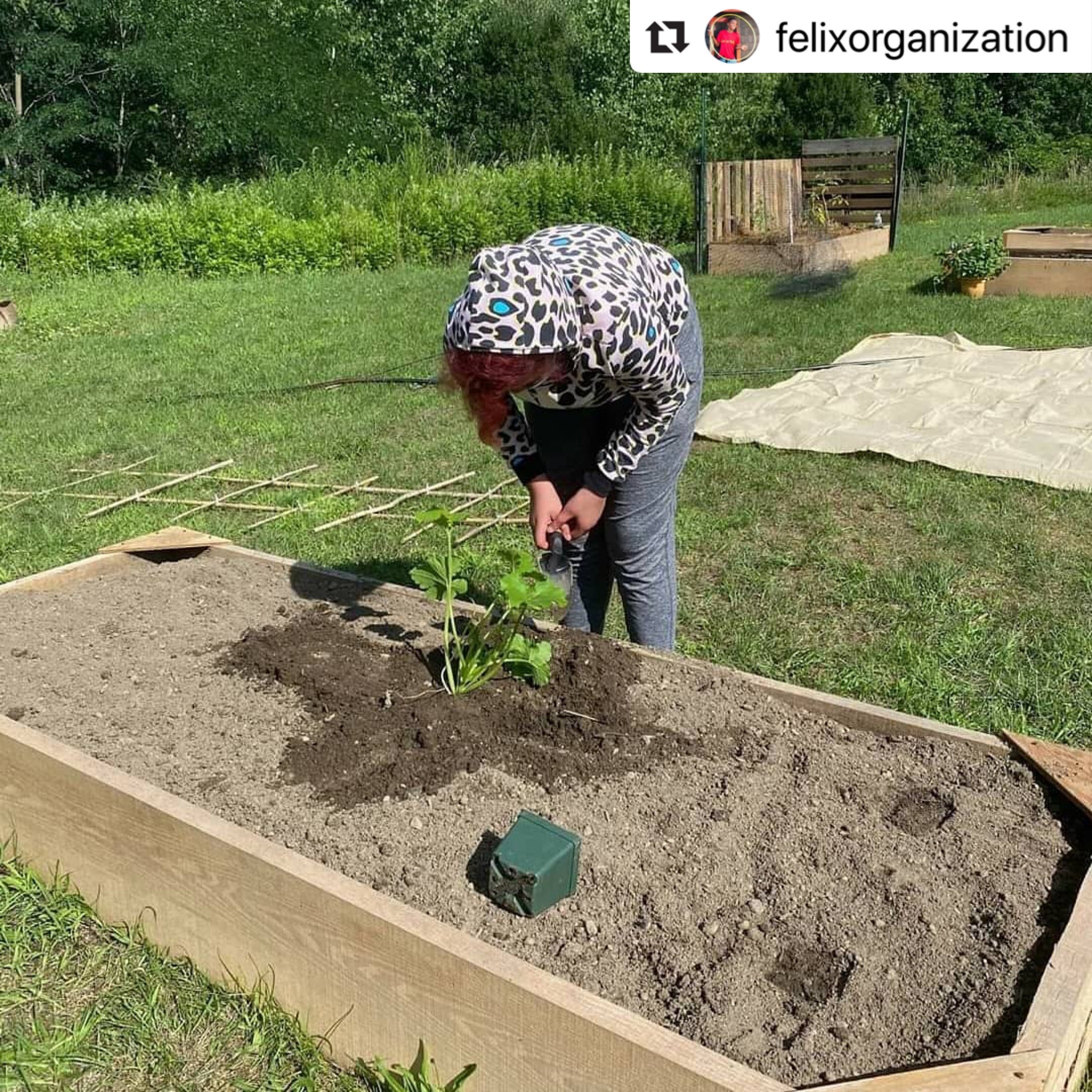“I have a connection: seeds have different kinds like we learned about people are different. That’s called diversity.”
- Janali, a 1st grader at J.V. Forrestal Elementary in Beacon, NY 2018
Have you wondered how to talk to your kids about race and racism? Confronting racism in the United States is an immensely daunting task, but racism must be challenged rather than ignored. Not only must we educate ourselves about the struggles of being Black in the United States, but we must also educate our children so that they can develop actively anti-racist attitudes and work towards a future full of diversity, inclusion, and equity. Anti-racist training begins at home, and it is never too early to start talking about racism (because the world around your children will be giving them messages about it that they will pick up regardless of whether we talk to them about it)--but how do we explain racism to our kids in a way that they can understand? Try these easily digestible garden analogies:
Diversity
From fruit and vegetable plants to worms and insects, the most successful gardens are full of diversity! Each plant and animal has its own unique role to help the garden’s ecosystem not only survive, but also thrive. For example, flowers add beauty to gardens, but they also deter pests and attract pollinators; these pollinators in turn transport pollen, helping the plants produce seeds, fruits, and more plants!
Humans are like plants: we come in all shapes, sizes, and colors, and we are all beautiful, unique, and have a right to exist! Each of the 7.8 billion humans in the garden we call Earth has their own role, and our diversity not only adds to the beauty of our human society, but because we all rely on one another, it helps us all be stronger together. Some people do not recognize the value of this diversity though, and they treat some humans with less respect than they treat others. This led to the creation of the Movement for Black Lives, which aims to help people see the inequalities in our society and achieve justice for Black people.
Inequality, Equality, Equity, & Justice
Gardener Gabby has a garden that is full of cucumbers and basil, but this garden has a wall that separates the two types of plants. This wall unfortunately blocks sunlight from reaching the cucumbers, but it does not block sunlight from reaching the basil plants. Because both types of plants need sunlight to grow and thrive, this wall creates INEQUALITY.
Gardener Gabby notices this inequality and decides to install special lights that mimic the sun in her garden to help her plants out. She decides to place them equally around the garden so that the basil plants and the cucumber plants have three lights each. This is EQUALITY, since both types of plants are receiving the same equipment.
However, the cucumbers are still not receiving enough sunlight to survive. The three lights that belong to the cucumbers definitely help, but the wall still prevents them from having any natural sunlight. On the other hand, the basil plants are now basking in the light from both the sun and their own three lights. Thus, Gardener Gabby decides to move all of the lights to the cucumbers’ side of the wall. Now, because of Gardener Gabby's actions, both the basil plants and the cucumber plants are receiving the same amount of light. This is EQUITY because Gardener Gabby’s equipment has helped level out the inequality in the amount of light the cucumbers and basil are getting.
There is another, better way to solve this inequality though. Rather than constantly trying to compensate for inequalities by adding in lights that she will continually have to recharge and repair, Gardener Gabby can target the root cause of the inequality between the cucumbers and basil by tearing down the wall that caused the unequal amounts of sunlight in the first place! This is an extremely difficult task though. The wall is strong and large, but with a lot of hard work and dedication, Gardener Gabby will be able to tear it down so that the cucumber and basil plants finally receive the same amount of sunlight! This is JUSTICE. Achieving justice in all aspects of life is the ultimate goal of the Movement for Black Lives, and it is something that we (and our children) should all work towards throughout our lifetimes!
Start By Talking
Although these garden analogies are extremely simplified and only cover a select few aspects of the Movement for Black Lives, they provide an accessible way for you to introduce the important topics of diversity, justice, and the reality of race in America to your children at a young age. These conversations with your children will be difficult and uncomfortable. That is part of the work of combating racism and injustice. You may find that children have a natural sense of justice, which can inspire us grown-ups to do our part. It is our hope that explaining societal injustices through simple analogies with topics your children understand, such as gardening, may make these conversations easier. Together, by educating our children, we can train an entire generation of anti-racist leaders who will together dismantle racism and other injustices in America.
If you would like to see more blogs like this and support our mission of achieving food justice and community wellness through garden-based education, please consider donating at: https://www.landtolearn.org/donate. Thank you!
